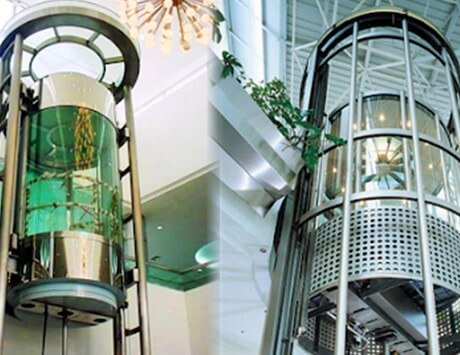
Hydraulic elevators have established themselves as a reliable choice for vertical transportation in various buildings due to their smooth operation and efficient performance. Hydraulic elevator supplierare pivotal in this sector, offering solutions that cater to diverse needs ranging from residential to commercial applications. This article explores the role of hydraulic elevator suppliers, the benefits of hydraulic elevators, and some leading companies in the industry.
The Role of Hydraulic Elevator Suppliers
Hydraulic elevator suppliers are specialized companies responsible for providing hydraulic elevators, which use hydraulic fluid to move the elevator cab. These suppliers handle several critical functions:
- Design and Customization: Suppliers work with clients to design hydraulic elevators that meet specific requirements and integrate seamlessly with the building’s design. Customization options often include the size and style of the cab, control systems, and finishes.
- Manufacturing: Suppliers are involved in the production of hydraulic elevators, utilizing advanced technology and high-quality materials to ensure that the elevators are durable and perform reliably. The manufacturing process includes assembling hydraulic cylinders, pumps, and control systems.
- Installation: Proper installation is essential for the safety and functionality of hydraulic elevators. Suppliers manage the installation process, ensuring that the elevators are set up correctly according to building codes and safety standards.
- Maintenance and Support: Ongoing maintenance and support are crucial for the longevity of hydraulic elevators. Suppliers provide regular maintenance, emergency repairs, and technical support to ensure that the elevators continue to operate smoothly.
Advantages of Hydraulic Elevators
Hydraulic elevators offer several advantages that make them suitable for a wide range of applications:
- Smooth and Quiet Operation: Hydraulic elevators provide a smooth and quiet ride, thanks to the hydraulic fluid system, which minimizes noise and vibrations.
- Space Efficiency: These elevators do not require a separate machine room, as the hydraulic machinery can be integrated into the building’s existing structure. This feature is particularly useful in buildings with limited space.
- Energy Efficiency: Hydraulic elevators can be more energy-efficient, especially for low to mid-rise buildings. They often consume less energy compared to other elevator types, particularly when serving shorter distances.
- Low Maintenance Requirements: Hydraulic elevators generally have fewer moving parts than traction elevators, leading to lower maintenance needs and reduced operational costs.
Leading Hydraulic Elevator Suppliers
Several prominent companies are recognized for their expertise in hydraulic elevator systems:
- Otis Elevator Company: As a global leader in the elevator industry, Otis offers a range of hydraulic elevators known for their reliability, innovation, and advanced technology. Their elevators are suitable for various applications, from residential to commercial.
- Thyssenkrupp: Thyssenkrupp is renowned for its cutting-edge elevator technology. Their hydraulic elevators are designed to provide efficient performance and are customizable to meet specific client needs.
- KONE: KONE focuses on sustainability and energy efficiency, offering hydraulic elevators that feature advanced technology and modern design. Their products are designed to meet contemporary standards of performance and environmental responsibility.
- Schindler Group: Schindler provides a variety of hydraulic elevators that cater to different building types and requirements. Their elevators are known for their reliability, innovation, and ease of use.
Industry Trends and Future Outlook
The hydraulic elevator industry is evolving with advancements in technology and increasing demands for sustainability. Key trends include:
- Integration of Smart Technology: Modern hydraulic elevators are incorporating smart technology, such as remote monitoring and control systems, to improve performance and provide real-time data on elevator operations and maintenance needs.
- Focus on Energy Efficiency: There is a growing emphasis on developing energy-efficient hydraulic elevators to reduce energy consumption and minimize environmental impact. Suppliers are investing in innovations to enhance efficiency and sustainability.
- Customization and Flexibility: The demand for customized elevator solutions is increasing. Suppliers are offering more options for bespoke designs, finishes, and features to accommodate the unique requirements of different buildings.
Conclusion
Hydraulic elevator suppliers play a crucial role in providing effective and efficient vertical transportation solutions. Their expertise encompasses design, manufacturing, installation, and maintenance, ensuring that hydraulic elevators meet the diverse needs of modern buildings. As the industry advances, Hydraulic elevator supplierwill continue to be integral in delivering innovative solutions that enhance accessibility, performance, and sustainability in both residential and commercial environments.